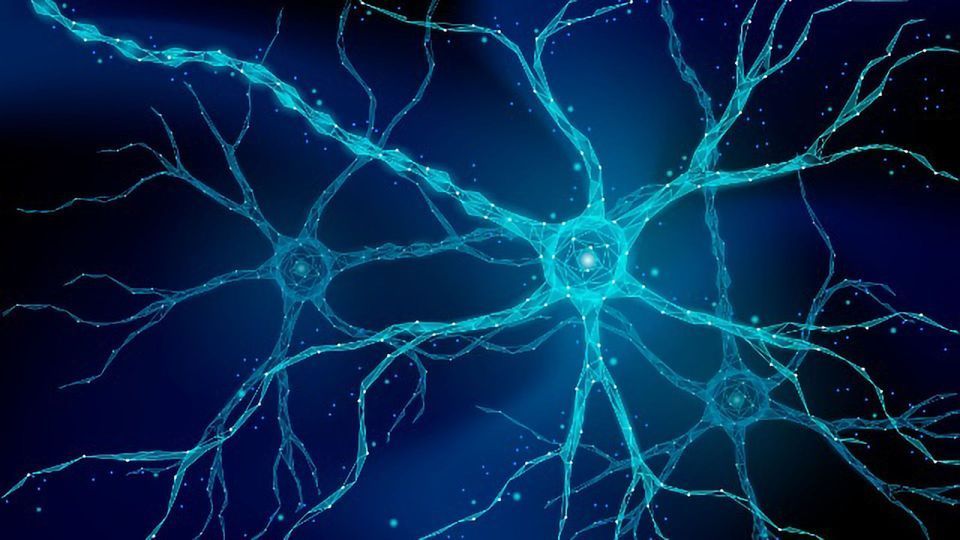Hormone-Altering Protein Could Be Link Between Stress and Depression

Complete the form below to unlock access to ALL audio articles.
Researchers at Karolinska Institutet in Sweden have identified a protein in the brain that is important both for the function of the mood-regulating substance serotonin and for the release of stress hormones, at least in mice. The findings, which are published in the journal Molecular Psychiatry, may have implications for the development of new drugs for depression and anxiety.
After experiencing trauma or severe stress, some people develop an abnormal stress response or chronic stress. This increases the risk of developing other diseases such as depression and anxiety, but it remains unknown what mechanisms are behind it or how the stress response is regulated.
The research group at Karolinska Institutet has previously shown that a protein called p11 plays an important role in the function of serotonin, a neurotransmitter in the brain that regulates mood. Depressed patients and suicide victims have lower levels of the p11 protein in their brain, and laboratory mice with reduced p11 levels show depression- and anxiety-like behaviour. The p11 levels in mice can also be raised by some antidepressants.
The new study shows that p11 affects the initial release of the stress hormone cortisol in mice by modulating the activity of specific neurons in the brain area hypothalamus. Through a completely different signalling pathway originating in the brainstem, p11 also affects the release of two other stress hormones, adrenaline and noradrenaline. In addition, the tests showed that mice with p11 deficiency react more strongly to stress, with a higher heart rate and more signs of anxiety, compared to mice with normal p11 levels.
"We know that an abnormal stress response can precipitate or worsen a depression and cause anxiety disorder and cardiovascular disease," says first author Vasco Sousa, researcher at the Department of Clinical Neuroscience, Karolinska Institutet. "Therefore, it is important to find out whether the link between p11 deficiency and stress response that we see in mice can also be seen in patients."
The researchers believe that the findings may have implications for the development of new, more effective drugs. There is a great need for new treatments because current antidepressants are not effective enough in many patients.
"One promising approach involves administration of agents that enhance localised p11 expression, and several experiments are already being conducted in animal models of depression," says Per Svenningsson, professor at the Department of Clinical Neuroscience, Karolinska Institutet, who led the study. "Another interesting approach which needs further investigation involves developing drugs that block the initiation of the stress hormone response in the brain."
Reference: Sousa VC, Mantas I, Stroth N, et al. P11 deficiency increases stress reactivity along with HPA axis and autonomic hyperresponsiveness. Mol Psychiatry, 2020. doi:10.1038/s41380-020-00887-0
This article has been republished from the following materials. Note: material may have been edited for length and content. For further information, please contact the cited source.

